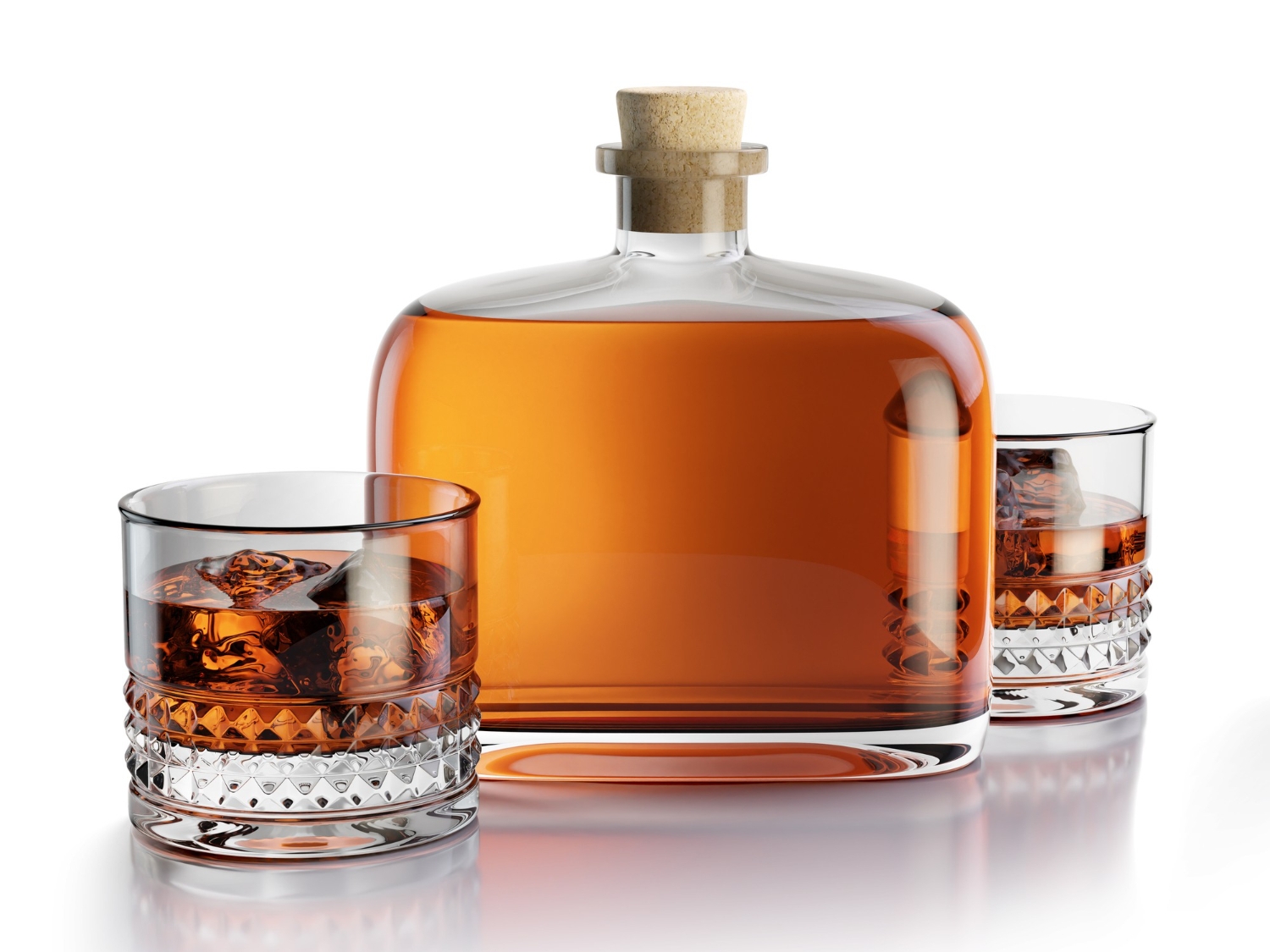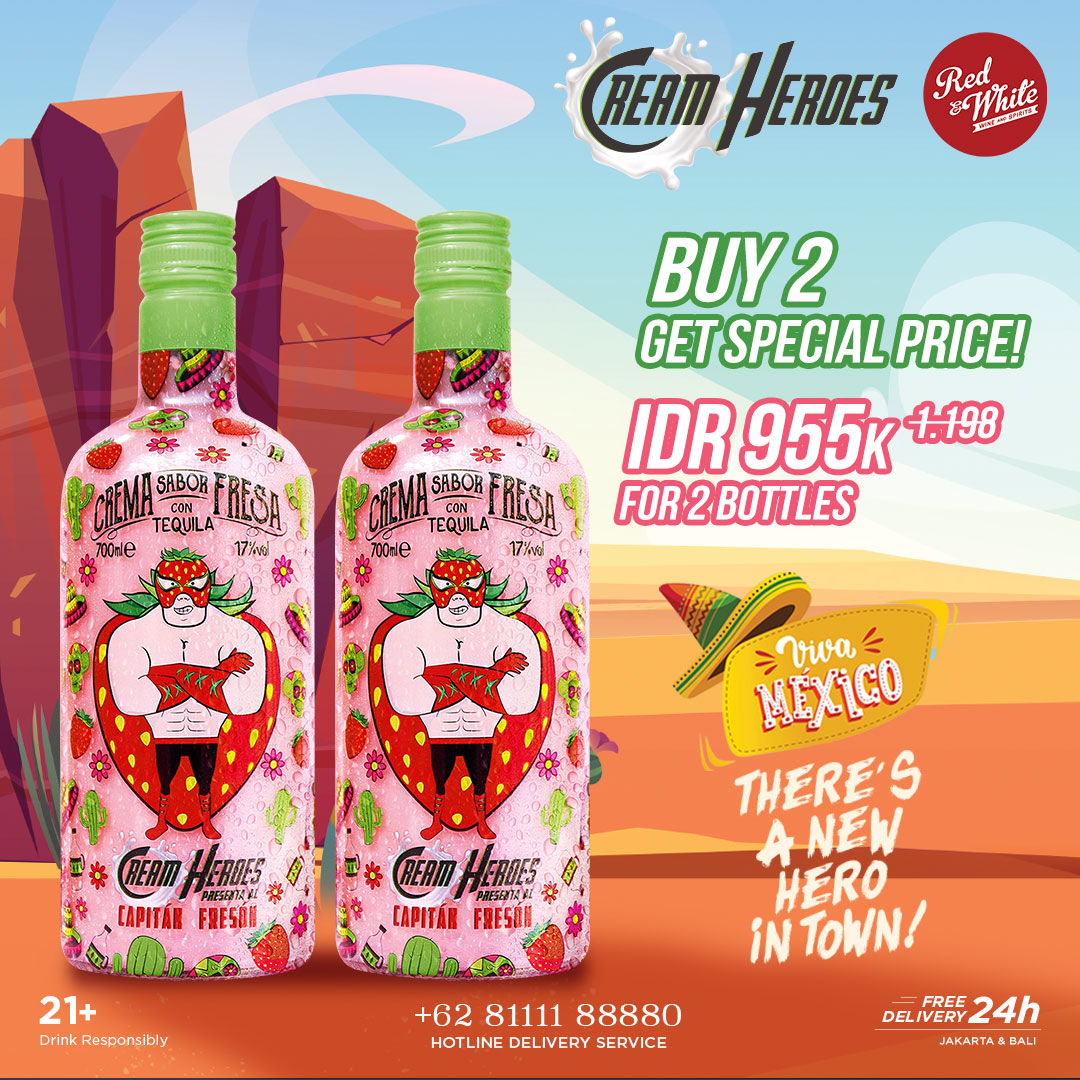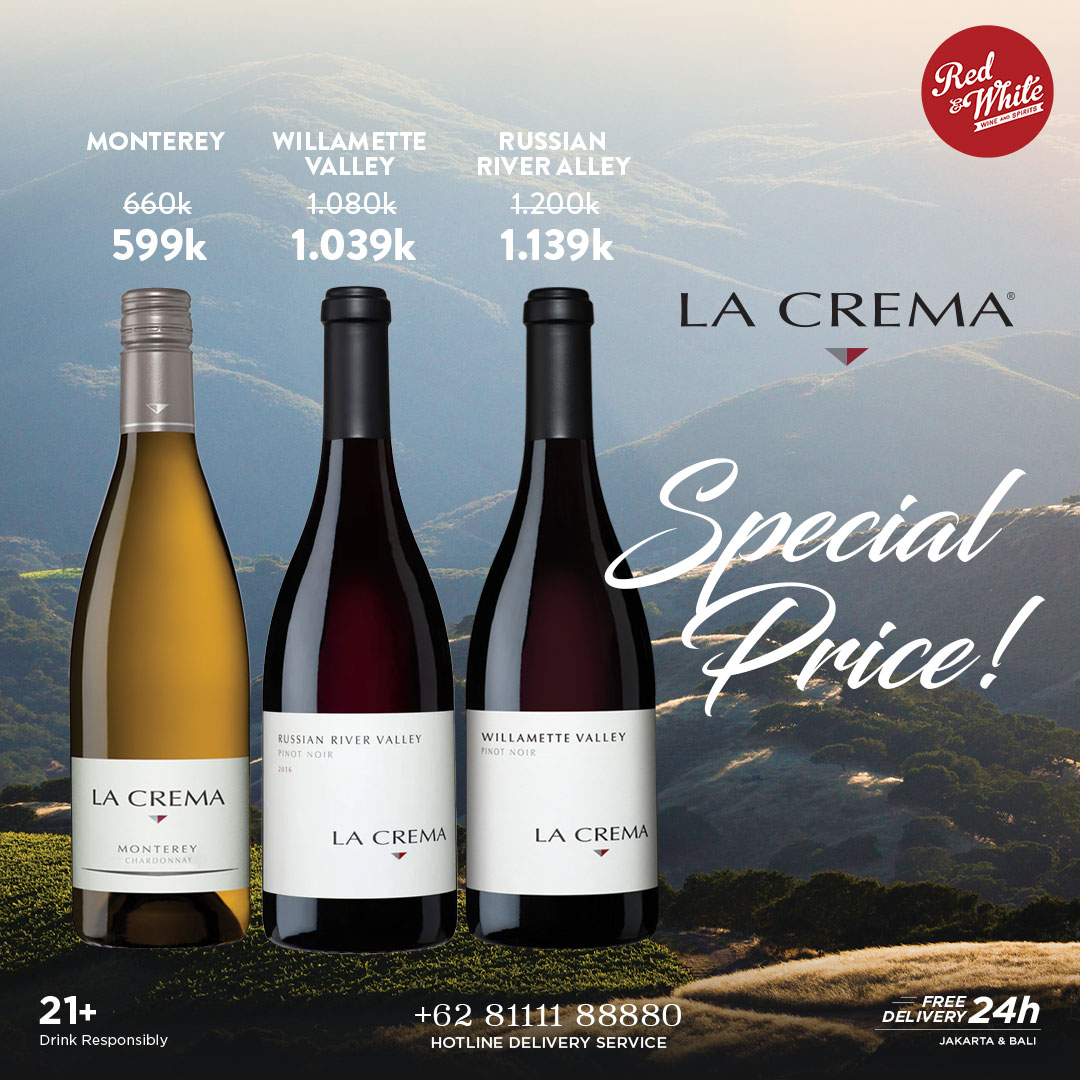
Grains: the Superstar of Whisky
Whisky is a celebrated and iconic spirit that has captured the hearts of many enthusiasts all over the world. It has been around for centuries, and yet remains a popular choice for drinkers that seek sophisticated and complex flavours. Today, let’s delve into the world of whisky and learn about its key ingredients as well as the production process. Go behind the scenes of what it takes to create the unique flavours and aromas that define this timeless spirit.
Grains, grains, grains
The foundation of any whisky is grains. This drink is made by distilling fermented grains, after all! A variety of grains are used in whisky production, including barley, corn, rye, and wheat. Each grain gives the drink a distinct characteristic, influencing the whisky’s flavour, aroma, and mouth feel.
In single malt Scotch, barley is the primary grain. It gives the final product a rich, malty flavour. Meanwhile, American bourbon contains corn, which makes the drink sweeter than others. Rye and wheat whiskies are known for their spicy and soft flavours respectively.
Whisky production process
Now that we know what goes into whisky, it’s time to have a look at how this classic liquor is made. How do distillers process the grains until they become the whisky that we all know and love?
Malting
For certain types of whisky such as Scotch and Irish whiskey, the barley is malted before fermentation. This involves soaking the barley in water in order for it to start germinating.
During malting, enzymes break down the grain’s complex starches into simpler sugars, which will later be broken down by yeast in the fermentation process. Distillers won’t germinate all the way through; instead, they will dry the barley when they deem appropriate, using heat from peat fires. The smoke from these fires is what gives the barley a smoky flavour, that ends up in the final whisky, giving Scotch its distinct smoky taste.
Fermentation
The dried out grains are then milled into a coarse flour and then combined with hot water to create mash. Here, the enzymes from the malting process continue to convert starch to sugars, resulting in a sweet liquid called wort.
Wort is then strained to separate the liquid from grain solids, and cooled down. Afterwards, yeast is added to initiate fermentation. This takes place for several days, during which time the yeast consumes the sugars and produces alcohol and carbon dioxide. Fermentation results in a liquid called wash, which contains about 5% to 10% alcohol.
Distillation
After fermentation, the wash is distilled in copper stills to refine the drink, as well as to concentrate the alcohol. Distillers will normally distill their wash twice. The first distillation removes impurities from the wash and increases the alcohol content to 20% – 25%. The second distillation further refines the alcohol, producing a concentrated spirit that is about 60% to 70% in ABV.
Aging
Once distilled, the spirit is transferred to oak barrels to be aged. This process is also known as maturation. During this time, the whisky undergoes a series of chemical reactions due to the conditions of the surrounding environment. It extracts flavours as well as colours from the wood that it is aged in.
Oak barrels, particularly ones that were previously used to age other spirits or wines, contribute to the whisky’s flavour complexity. It gives the final product tastes of vanilla, caramel, spices, and even a charred effect.
The length of time that a whisky is aged will vary, but Scotch whisky is required to be matured for a minimum of three years. As the whisky ages, it becomes smoother and more mellow, and the wood’s influence becomes more pronounced.
Get all your whisky need only at Red and White.




